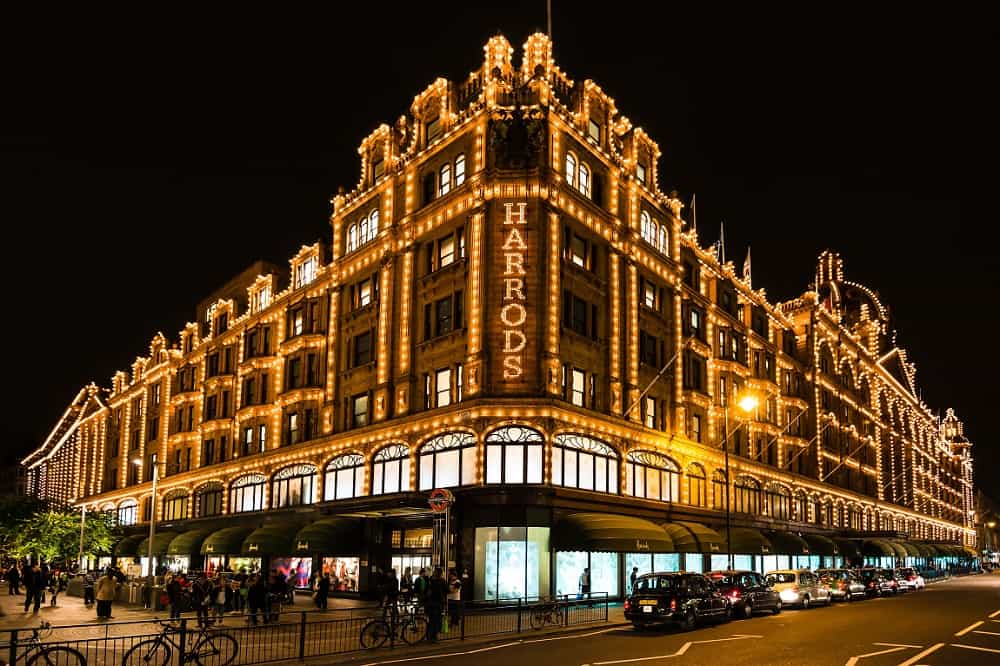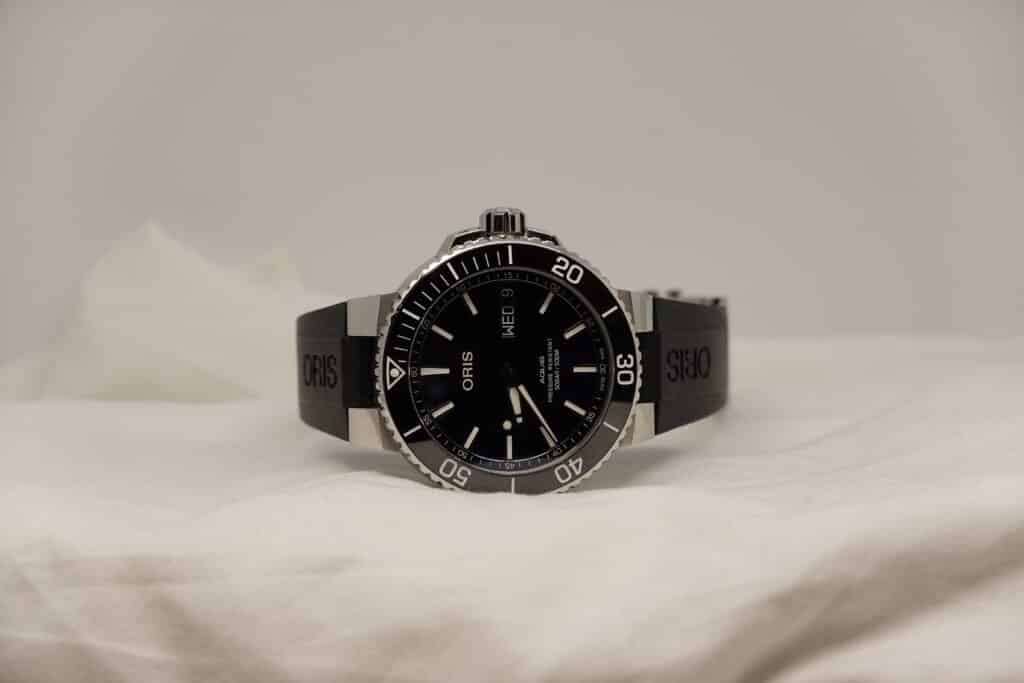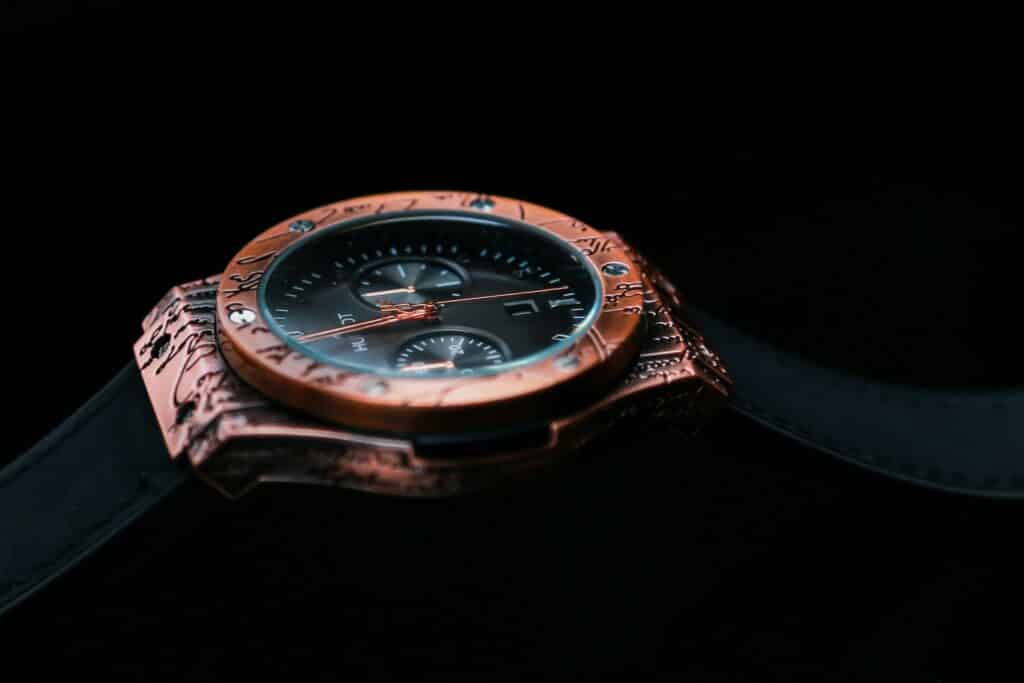British luxury market grows to GBP 81 billion annually

Walpole‘s latest ”Luxury in the Making” study finds that British luxury is a high growth sector, having increased 69% to a value of £81bn in the five years since we last valued the sector, demonstrating its vital contribution to the U.K. economy, it also examines the intricate relationship between craft, materials, employment, supply chains and brands. Unquestionably, it demonstrates the singular strength of the UK’s luxury sector.
What’s more, British luxury is on a trajectory that, with the right support and policies, will only grow further. We have quantifed for the first time the significant employment offered by the sector, at the heart of which is skilled work across hospitality, retail and manufacturing, supporting more than 450,000 jobs. Whilst the UK luxury sector is always focused on the future, both in innovation and growth, its foundation is rooted in its rich history, and brands are custodians of crafts and skills with an important heritage
”As Walpole’s Chief Executive l’m here to champion the people whose skills drive growth, from weavers in Scottish textile mills, leather specialists supplying our luxury automotive brands or the young people training in high-end hospitality: just a handful of the roles in a sector that accounted for more than one in ten jobs created in the UK between 2017 and 2022. This heritage, innovation and a relentless dedication to excellence give the British luxury sector international appeal, and in turn drive growth and employment” Helen Brocklebank, CEO Walpole
”The people behind the brands are the Olympic athletes of UK PLC yet without proper support for our sector, some defining industries will struggle to survive. We can’t let that happen. We all have a part to play in ensuring this high-growth sector continues to thrive. To that end, based on the findings of this report, we have proposed solutions to protect jobs, grow our economy, and continue selling the very best of our country to the rest of the world” added Brocklebank
The report forecasts that by 2028, British luxury could be contributing 125 billion pounds a year to the economy, meaning the sector would be generating more revenue than the life sciences and construction industries, which are currently worth 97 billion pounds a year and 110 billion pounds a year, respectively
Walpole states that there are several threats to the sector’s long-term prosperity, such as making changes to the UK’s Geographical Indicator (GI) regime. This set of intellectual property laws are granted to produce-based products that have a specific link to the place where they are made; an example of a product protected by such laws is scotch whisky.
While the current regime currently applies to food and drinks, Walpole is calling for laws to be extended to include non-produce-based craft products, like Savile Row tailoring or Staffordshire pottery. Reforms to the apprenticeship levy and more investment into teaching modern foreign languages are also being called for by Walpole and its members, which include the likes of Alexander McQueen, Burberry, Harrods, Fortnum & Mason and Jo Malone.
Walpole is also calling on policymakers to shape a tax and regulatory system that supports high-quality employment. The trade body is warning that this month’s Spring Budget was a missed opportunity to reintroduce VAT-free shopping for international visitors. It adds that failure to introduce a new scheme would cause “the UK miss out on potential growth, tax receipts and employment opportunities”. The Association of International Retail estimates that retailers will lose 1.5 billion pounds per year to tax-free EU competitors.
The UK’s high-end automotive sector, which includes companies like Aston Martin, Jaguar Land Rover, Rolls Royce and Bentley, was British luxury’s standout performer between 2017 and 2022. Over the last five years, the sector achieved turnover totalling 32.9 billion pounds. This is more than double the amount of the second-best performer, food and drink, which reported a turnover of 12.02 billion pounds.
Luxury fashion and accessories came in third for turnover, achieving 9.93 billion pounds, closely followed by retailers and e-tailers with 8.66 billion pounds in turnover. Beauty, wellness and grooming was sixth with 3.37 billion pounds, while jewellery, watches and precious metals reported 3.12 billion pounds in turnover.
Michael Ward, chairman at Walpole and managing director of Harrods, added: “British luxury has shown incredible resilience and strength over the past unprecedented few years. Since our last report, published in 2019, the sector has faced many challenges – namely the effects of Covid-19 lockdowns across the world, establishing new trading relationships with the EU, greater fragmentation in global trade, and the scrapping of the VAT Retail Export Scheme.



Responses